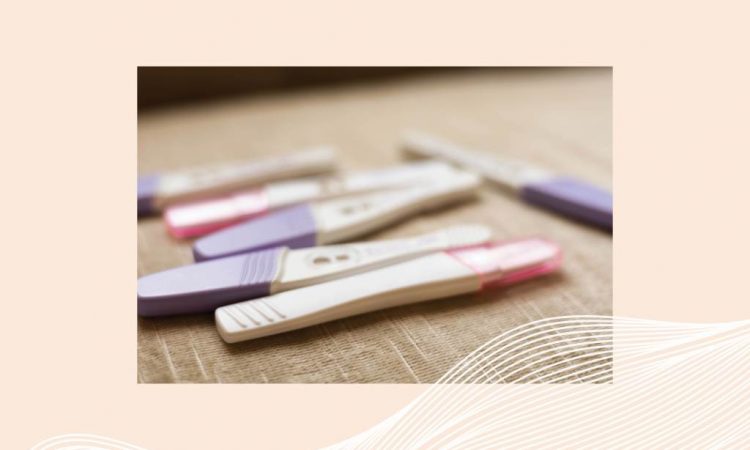
You’ve likely heard the term ‘biological clock’ when people describe fertility. It’s this idea that your chances of getting pregnant are slowly ticking away, and eventually, that clock will run out of time. Meaning the sooner you start trying to conceive, the better.
Of course, as is the case with most body-related things, it’s more complicated than that. Unless something unusual or extreme happens, your ability to get pregnant does not suddenly stop one day but rather declines over time.
Technically, it’s impossible to know whether an attempt to become pregnant will be successful. While your biological clock is an important component of pregnancy, it is not a guaranteed recipe for success. There are women of ideal reproductive age who are infertile, while others in their 40s have no problem conceiving. There are multiple factors at play that all have to fall perfectly into place in order for conception to occur.
Polycystic ovary syndrome (PCOS)
PCOS is the most common cause of infertility in women, according to the CDC. The condition is caused by a hormonal imbalance that results in a series of small cysts on the ovaries. It also throws the entire menstruation cycle off, causing irregular periods or no periods for a few months at a time. Between 5 to 10 percent of women between 15 and 44 have PCOS, with most finding out about it in their 20s and 30s.
Endometriosis
About 25 to 50 percent of infertile women have endometriosis. The disease can influence fertility in several ways, from distorting the anatomy of the pelvis, causing adhesions, scarring fallopian tubes, inflaming pelvic structures, weakening the immune system, and altering egg quality. Flow Advisory Council member Jennifer Lang, MD, an OBGYN and oncology specialist in Los Angeles, adds that scarring of the fallopian tubes is especially concerning since it makes it more difficult for the sperm and egg to meet. While treatment varies from person to person, surgically removing the scar tissue can improve your chances of becoming pregnant, especially when paired with fertility treatments such as IVF.
Thyroid disease
DeVito says an undiagnosed thyroid disease can impair ovulation and having any thyroid condition can make it difficult to conceive. Even if a person did get pregnant, complications may arise. Thyroid disease is a medical condition that keeps your thyroid from making the right amount of hormones and can affect heart rate, mood, energy level, metabolism, bone health, and other bodily functions. Symptoms of thyroid disease include sudden weight loss or weight gain, mood changes, lack of energy, and trouble sleeping.
Pelvic inflammatory disease
Like endometriosis, untreated infections can also cause scarring and blockage in the fallopian tubes. Lang says the most common is from chlamydia but can occur from other STIs that go untreated. Pelvic inflammatory disease is treatable if caught early but if the damage is extensive, it can cause infertility and pregnancy outside of the womb.
Poor mental health
Keeping stress levels to a minimum is crucial for having our bodies operate at its most optimal level. Research shows that women with a history of depression are twice as likely to experience infertility, and anxiety also can prolong the time needed to achieve pregnancy. “Stress impairs the hypothalamic, pituitary, and ovarian axis leading to anovulation, which is not releasing an egg,” says Lang.
In the United States, roughly 13.4 percent of women between the ages of 15 and 44 have an impaired ability to get pregnant or carry a baby to term, according to the CDC. Roughly 16 percent of married women in the same age range struggle as well.
A common misconception is that infertility means you cannot conceive, but this is not the truth in most cases. In fact, the chances of you being sterile — not being able to get pregnant at all — represents only 1 percent of the population, says Alexandria DeVito, founder and CEO of Poplin, a pre-pregnancy wellness company, and author of 9 Months Is Not Enough: The Ultimate Pre-Pregnancy Checklist to Create a Baby-Ready Body and Build Generational Health. And while age is certainly a contributing factor to infertility, it clearly isn’t the only one.

Source: Read Full Article

